How To Choose The Right PWC Tow Hitch For Your Vehicle
Don't ignore the only thing connecting your truck to your trailer
Countless stories have been written about PWC, and plenty about the trailers that get them to the water. Often overlooked in the craft/trailer/vehicle discussion, however, is the vital piece of the puzzle that connects them – the trailer hitch.
Choosing the proper hitch is a decision that nearly every PWC buyer has to make when they first buy a watercraft or upgrade their tow vehicle. But let’s be honest, it probably gets the least bit of attention and research.
Here’s what you should know…about that thing that allows you to tow.
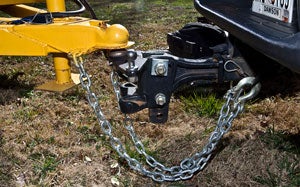 Your trailer hitch is how you connect your truck to your trailer. It shouldn’t be taken lightly.
Your trailer hitch is how you connect your truck to your trailer. It shouldn’t be taken lightly.It needs to be matched to both your tow vehicle and watercraft load. Today’s craft are big and heavy, and as such they require a substantial tow hitch – and substantial tow vehicle – to haul them safely down the road. Take a look in your car’s owner’s manual. It should clearly state the maximum safe trailer weight for your car and engine combo.
It needs to carry a lot more than just your PWC. Don’t immediately assume that you’re in the clear if your car is rated for a weight greater than the weight of your PWC. You need to consider everything you’re hauling – that means the craft itself, the weight of the fuel in the tank, any gear stowed aboard, and the weight of the trailer it’s riding on.
RELATED READING: What To Look For In A PWC Trailer
Select a hitch that corresponds with your trailer’s Gross Vehicle Weight Rating (GVWR). GVWR refers to the total weight the trailer is rated to carry, including the PWC, any gear stowed in its compartments, and any fuel in the tank. The latter can be substantial; gasoline weighs about six pounds per gallon. Err on the high side. Many experts suggest actually going no higher than 85% of your trailer’s GVWR. If you’re at all in doubt, choose a stronger hitch. This will give you a margin of safety, plus some leeway should you buy a heavier craft, add another boat to your fleet or bring a friend’s craft along for the day.
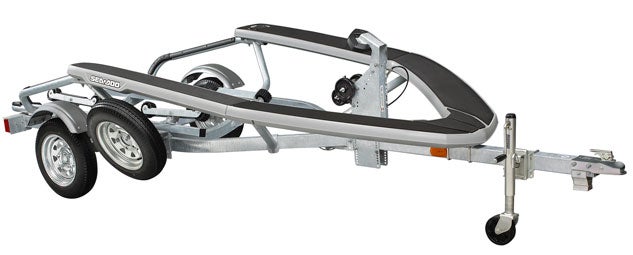 Make sure your car is rated to carry the weight of your trailer, in addition to your PWC, fuel and accessories.
Make sure your car is rated to carry the weight of your trailer, in addition to your PWC, fuel and accessories.Don’t attempt to haul a heavier load with a hitch meant for lighter duty use.
General guidelines? Class I hitches are rated to carry up to 2000 pounds; Class II up to 3,500 pounds; Class III up to 5,000 pounds; and Class IV up to 10,000 pounds.
It should match your style. Hitches come in two basic styles, fixed or receiver. A fixed hitch has the trailer ball firmly attached. It feels solid and quiet, but it’s always jutting out behind your tow vehicle. Receiver-style hitches, on the other hand, use a removable drawbar, secured by a beefy pin. They allow the user to effectively remove the hitch when not in use, and should you have a secondary drawbar, even switch between different size hitch balls, or hitches with different vertical drops. One catch is that they’re sometimes a little noisier and clunkier feeling, as even secured, the bar often moves slightly within the receiver.
RELATED READING: Safe Trailering Tips For Personal Watercraft
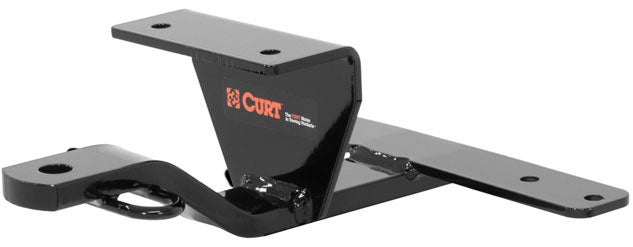 A fixed hitch is quieter and feels solid, but it is always jutting out behind your tow vehicle.
A fixed hitch is quieter and feels solid, but it is always jutting out behind your tow vehicle.Fixed or receiver, the hitch itself should mount securely to your car. Some trailer hitches can actually be welded in place, but far more common is a hitch that bolts into position. Double-check to make sure the hitch you choose is intended for both your make and model of car and its particular year.
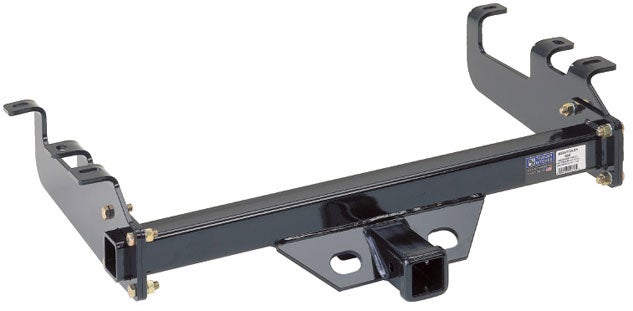 A receiver hitch is basically hidden away when not in use, but when a trailer is connected it can make a lot of noise.
A receiver hitch is basically hidden away when not in use, but when a trailer is connected it can make a lot of noise.It needs the right size ball to properly do the job. PWC trailers are somewhat unique in that some use a 1 7/8” ball and others a 2” ball. The former is typically meant for Class I hitches, the latter for Class II and III. Again, make sure your trailer is rated to carry the load, and has the appropriate coupler, then match your trailer ball accordingly.
RELATED READING: Upgrading a PWC Trailer to LED Lighting
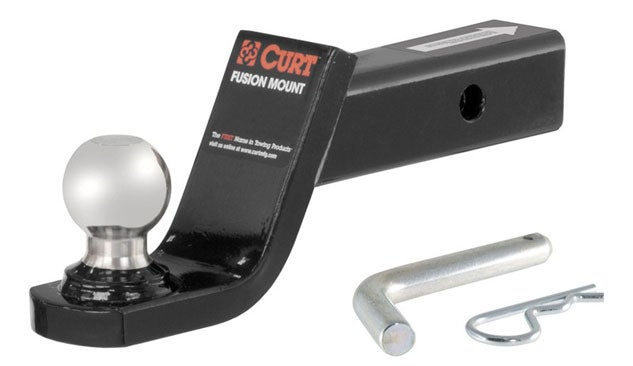 Hitch balls come in a variety of sizes. Be sure to get the one that matches your trailer perfectly.
Hitch balls come in a variety of sizes. Be sure to get the one that matches your trailer perfectly.Don’t be tempted to use a smaller tow ball if the larger is called for. It will result in a sloppy connection, and could allow the trailer to come loose from your vehicle. Though alternative materials are available, solid steel balls are typically best. Look for the weight-bearing capacity stamped onto the top surface.
Get PersonalWatercraft.com in your Inbox!
Like PersonalWatercraft.com on Facebook
Comments
Most Popular
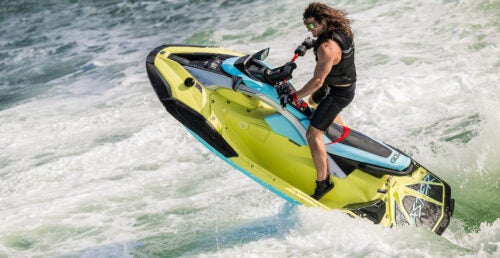
2025 Yamaha JetBlaster PRO 2-Up Review
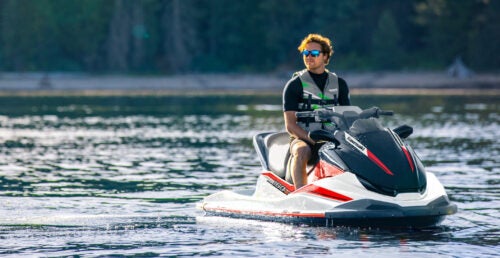
2024 Kawasaki Jet Ski STX 160X Review
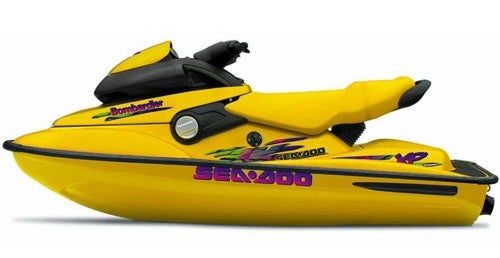
Remembering the Sea-Doo XP
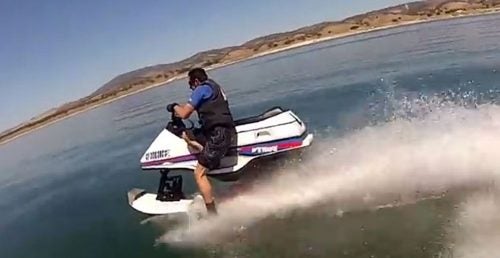
Whatever Happened to the Wetbike?
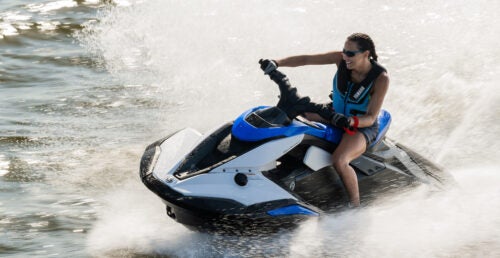
2025 Yamaha JetBlaster Review
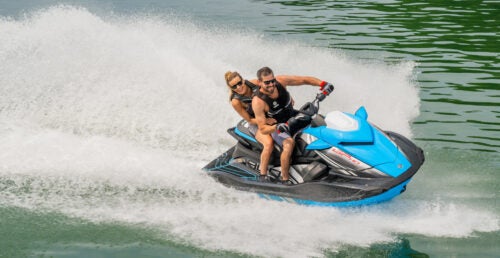
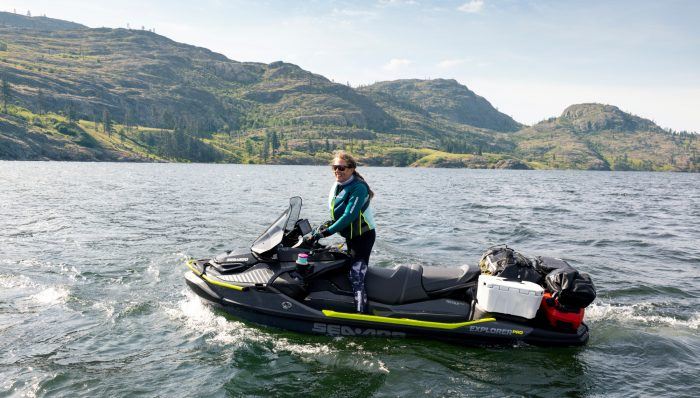
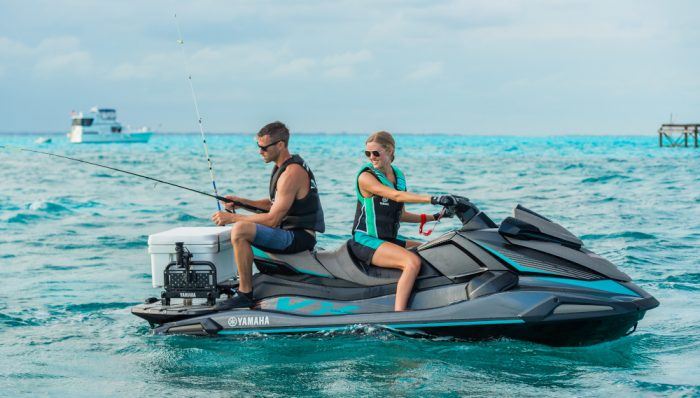
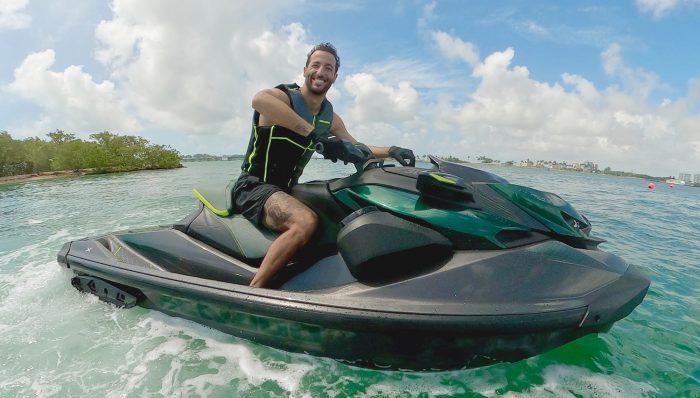
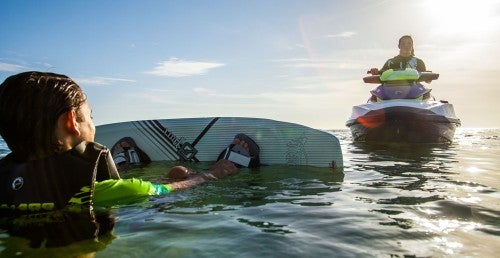
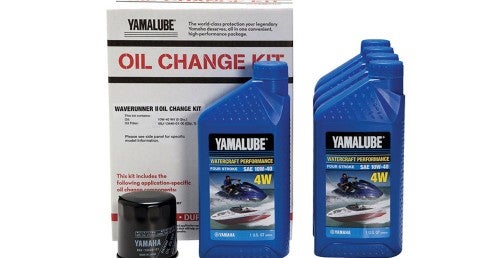



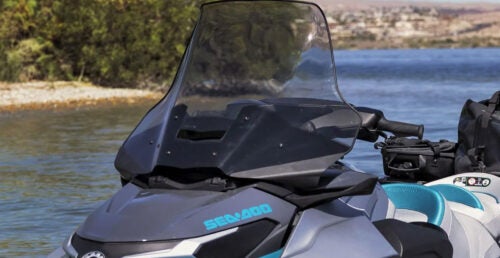
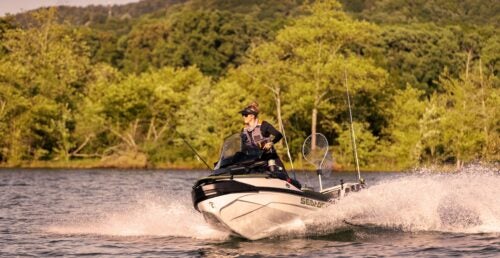


 Your Privacy Choices
Your Privacy Choices